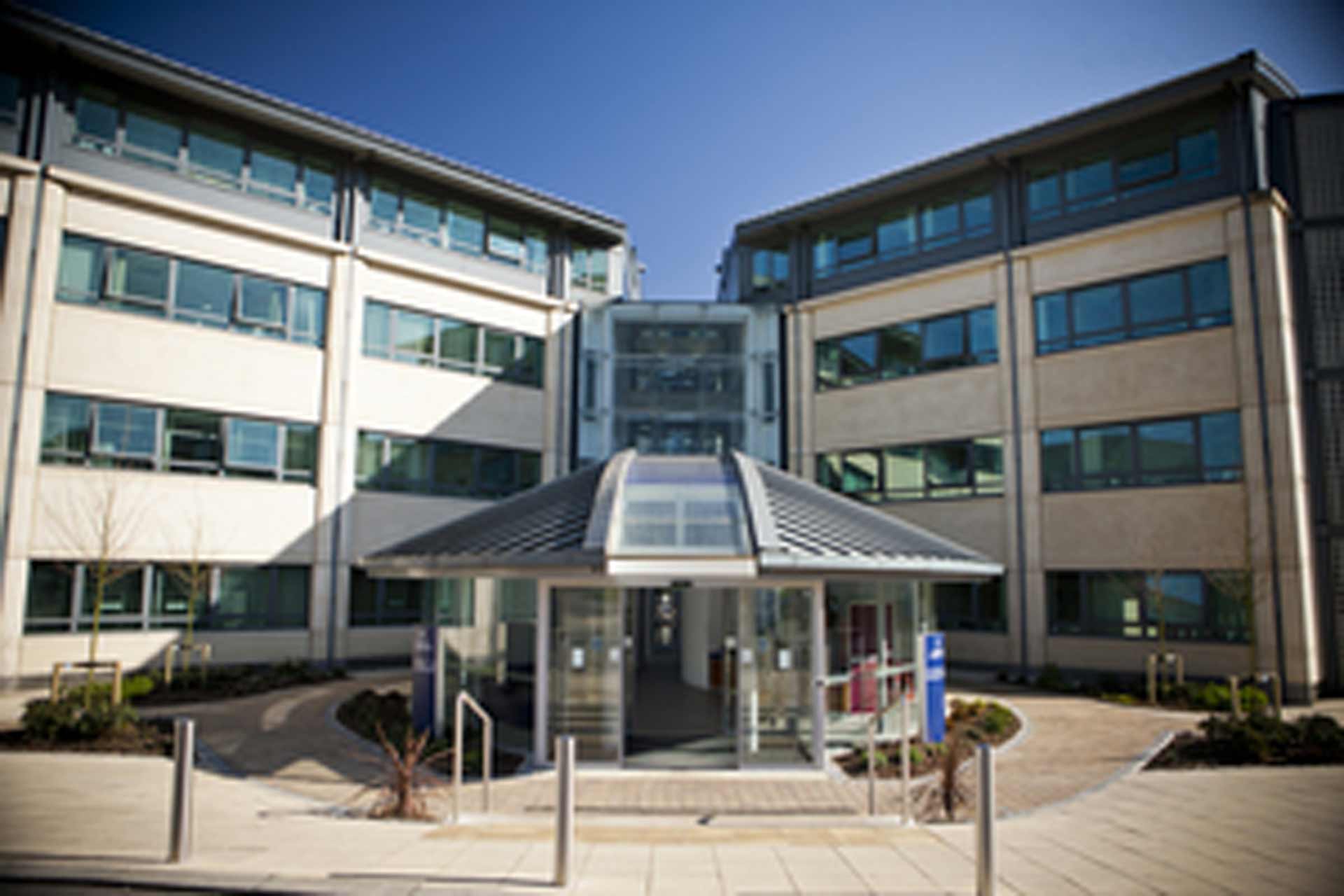
Regulations for taught students: Section 10
Support with academic misconduct investigations
You should seek impartial advice and support from the Students’ Union Advice Centre if you are suspected of being involved in Academic Misconduct.
SECTION 10: Academic Misconduct Regulation
You should seek impartial advice and support from the Students’ Union Advice Centre if you are suspected of being involved in Academic Misconduct.
10.1 Regulation introduction
10.1.1 You are expected to maintain a high standard of academic integrity throughout your studies and this includes promoting honesty, trust, fairness, respect and responsibility.
10.1.2 You must respect other members of the academic community, both within and outside the University, and uphold the academic integrity values of that community when producing work. It is your responsibility to ensure that any work you have presented or submitted for credit is your own, this applies whether the work has been produced by human or software. If you work collaboratively with others or they give you their opinions, you must acknowledge and reference that in your own work. Failure to meet these standards can result in allegations of academic misconduct being brought against you.
10.1.3 Academic misconduct is when students gain an unfair advantage in the work they submit for credit. Examples might include cheating, collusion, falsification, fabrication, contract cheating, impersonation, recycling, ethical misconduct, inappropriate sharing of work and plagiarism.
10.1.4 We provide services, guidance and information to help you develop your academic skills so that you know how to avoid academic misconduct. For example, we provide a training module that you are required to complete successfully in the early stages of your studies. This aims to support you in understanding how to accurately reference and provides examples of good and bad academic practice and the potential penalties associated with being found guilty of academic misconduct. Where you have failed to complete the mandatory training, this may be taken into account when considering the allegation of academic misconduct and be an aggravating factor in determining an outcome.
10.1.5 We strongly recommend that you use our services and read the guidance carefully because academic misconduct is a serious matter.
10.1.6 This regulation and associated procedures explain how we manage allegations of academic misconduct and what you can expect if an allegation is brought against you.
10.1.7 If we decide to investigate an allegation of academic misconduct then we expect you to be honest and truthful. We make decisions based on the balance of probabilities and we may apply more severe penalties if we find that you have not been honest and truthful during the investigations.
10.1.8 If we find that you have breached the University’s regulations on academic misconduct then we will apply a penalty. Penalties will only be applied to summative work.
10.1.9 You may not submit a claim for Exceptional Circumstances for an assessment that has a proven allegation of Academic Misconduct
10.1.10 If an allegation(s) is upheld after you have been awarded credit or graduated, any credit, degree or other award may be revoked via the ‘revocation of award or credit’ regulation in Section 1.12.
10.1.11 An upheld allegation may be referred to the Fitness to Practise Procedure for any students on professionally regulated courses.
10.2. Proofreading of assessments and the use of Artificial Intelligence (AI) tools
10.2.1 Proofreading of assessments relates to the use of both human proofreading services and machine translation software such as Google Translate or DeepL. It does not relate to the use of inbuilt software support such as spellchecker in MS Word. If you use the services of a proofreader, please refer to the Human and Computer Proof Reading Policy for full guidance and clarification on the boundaries between legitimate support and unacceptable intervention when using any proofreading service. The University does not offer proofreading services to students.
10.2.2 If you translate large portions of text written initially in your native language and submit this for assessment, this may be considered to be misconduct, as it raises the question of authorship of the translated version. If you use translation tools, you should reference their use and be able to demonstrate full understanding of the language you have produced. If a tutor raises a concern about the style of language in your work, you may be asked to summarise the content or paraphrase the grammatical functions and vocabulary used.
10.2.3 We do not expect you to use AI tools to contribute to the completion of your assessment or online exam unless you have been explicitly told that you should. If you are told you may use AI, then it should be appropriately referenced. Whilst the University is developing assessment modes in line with the development of AI Tools, current assessments have not been designed with AI tools in mind, so the use of such tools for their completion could impact on the integrity of your submission. The misuse of such tools could lead to investigation under the Academic Misconduct Procedure.
10.2.4 We advise that, as good practice, you keep different copies of the research notes you used or calculations you performed etc and keep a separate copy of the different iterations of drafts you have completed, in case you are ever asked to explain how you produced your work.
10.2.5 The use of AI Tools could lead to a number of academic misconduct breaches:
• Plagiarism. You are relying on a source to complete your work which has not been identified or referenced;
• Contract cheating. You are relying on a tool owned by another person to complete your assessment;
• Fabrication. AI tools may generate artificial data that you later rely on to complete your assessment.